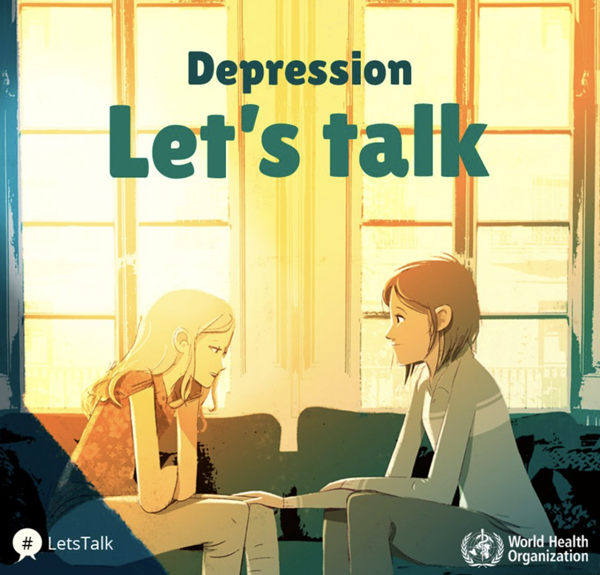World Health Day

Tomorrow, on 7th April 2017 at 13:00 in the Red Cross of Serbia headquarters, the Congress Hall on the first floor, the Red Cross of Serbia will organise a conference to mark the World Health Day. This year’s topic of the World Health Day is depression and the slogan for the year is “Depression: let’s talk”. The conference will include participation of representatives of the Serbian Ministry of Health, Belgrade Institute for Gerontology and Palliative Care, Faculty for Media and Communications, Gerontological Centre Belgrade, the Red Cross of Serbia as well as Medical School of the Norwegian University for Science and technology (NTNU), Trondheim, Norway.
As part of its public powers granted by law, the Red Cross of Serbia devotes special attention to preventive health and raising public awareness on the importance of healthy life styles. World Health Day is a date when all of the organisations in the Red Cross of Serbia focus on the public health issue chosen for that year and their activities and efforts work concentrate on improvement of people’s health and wellbeing.
Depression is a mental illness characterized by persistent sadness and a loss of interest in activities that people normally enjoy, accompanied by an inability to carry out daily activities, for 14 days or longer.In addition, people with depression normally have several of the following: a loss of energy; a change in appetite; sleeping more or less; anxiety; reduced concentration; indecisiveness; restlessness; feelings of worthlessness, guilt, or hopelessness; and thoughts of self-harm or suicide.
One in ten people across the globe live with depression and almost one in five have had a depressive episode in their lifetime. It is estimated that by 2020 depression will be the second most frequent cause of inability in the world.
World Health Organisation emphasises that increased investment in support to persons with mental health issues is needed, pointing out that even in high-income countries, nearly 50% of people with depression do not get treatment. On average, just 3% of government health budgets is invested in mental health, varying from less than 1% in low-income countries to 5% in high-income countries.
Investment in mental health makes economic sense. Every US$ 1 invested in scaling up treatment for depression and anxiety leads to a return of US$ 4 in better health and ability to work. On the other hand, WHO talks about strong links between depression and other noncommunicable disorders and diseases. Depression increases the risk of diseases such as diabetes and heart disease and the opposite is also true, meaning that people with these other conditions have a higher risk of depression. Additionally, depression increases the risk of substance use disorders and suicide.
One of the first steps is to address issues around prejudice and stigma linked to this disorder and therefore the slogan chosen for this year by WHO is “Depression: let’s talk”.For someone living with depression, talking to a person they trust is often the first step towards treatment and recovery.
